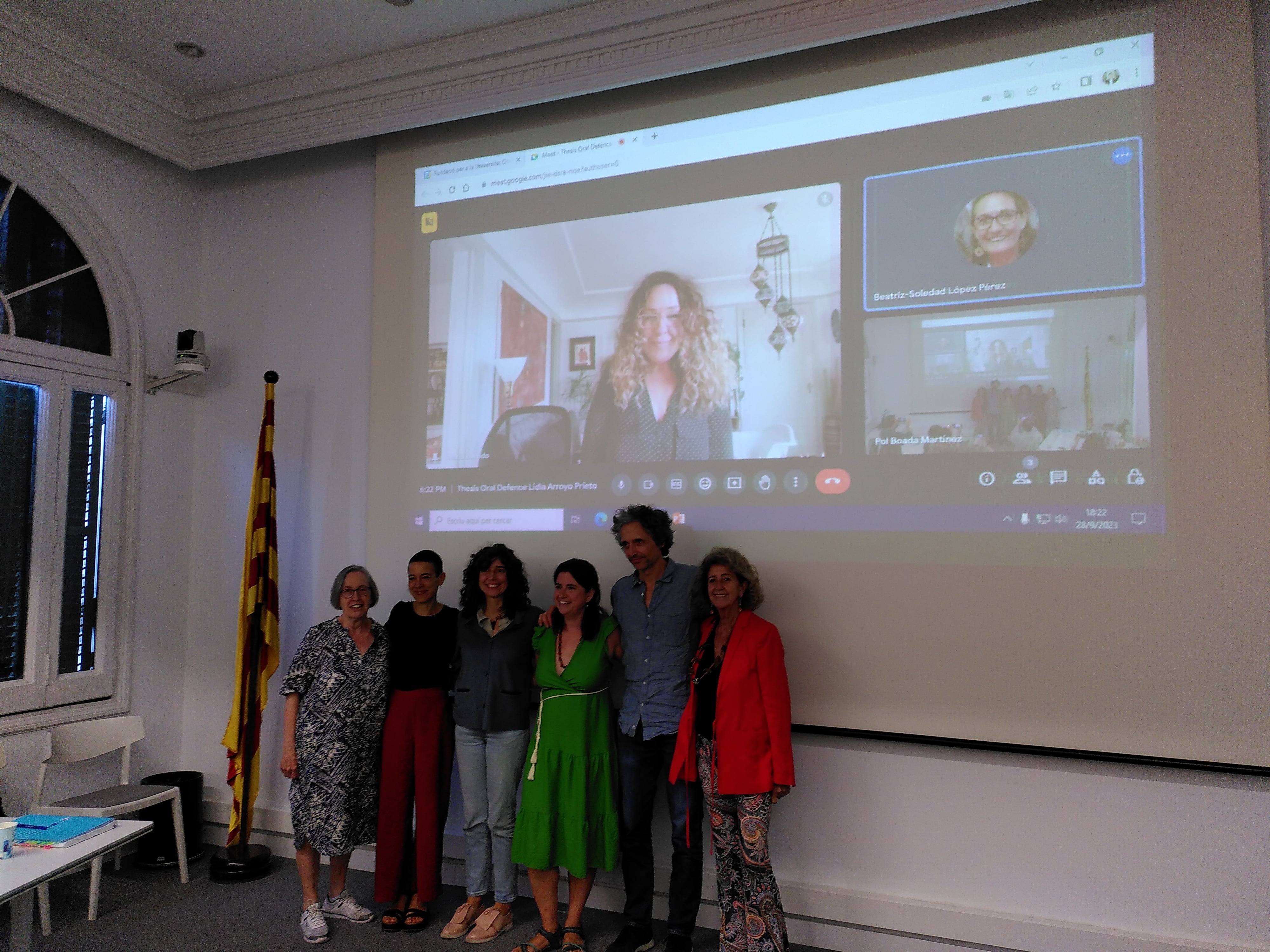
11/03/2025
Author: Lídia Arroyo
Programme: Doctoral Programme in Information and Knowledge Society
Language: Spanish
Supervision: Jörg Müller, Teresa Torns Martín
Faculty / Institute: Doctoral School UOC
Subjects: Information Society
Key words: Digitalization, Gender, Intersectionality, Labour market, Time use, Digital inequalities
Area of knowledge: Information and Knowledge Society
Abstract:
This doctoral thesis aims to understand the meanings of Internet use and its implications regarding gender and social class inequalities for adult women who have participated in digital inclusion programs. The theoretical perspective guiding the research is a combination of the intersectional feminist perspective that considers both structural inequalities and those that explore the normatization of subjectivities in women. The methodological development, based on a qualitative approach, consisted of two phases. A first exploratory phase considered the field of analysis, specifically the framework of digital inclusion programs, and a second phase of field work involving 49 women was carried out using episodic socio-biographical interviews and discussion groups. The results show that, although the digital inclusion of women has reduced the digital identity divide, inequalities related to the most structural aspects of both class and gender persist, are reproduced in the use of the Internet and the results, and even expand. This leads us to suggest a reformulation of digital policies that takes into account the intersectional feminist perspective.
